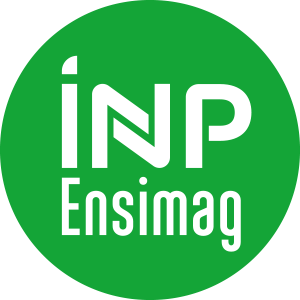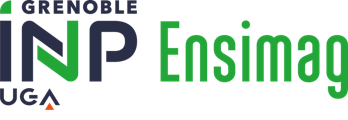Number of hours
- Lectures 17.5
- Projects -
- Tutorials 17.5
- Internship -
- Laboratory works 21.0
- Written tests -
ECTS
ECTS 6.0
Goal(s)
The network security course provides an overview of critical network security problems and the Internet as a whole, such as distributed denial-of-service attacks, spam attacks as well as email, infrastructure, or network protocol security. Students read RFCs and scientific articles related to network protocols and their exploitation. They learn how to develop new and use existing tools to perform large-scale scans of network vulnerabilities. They perform vulnerability scans and propose solutions to network problems.
Andrzej DUDA, Maciej KORCZYNSKI
Content(s)
- Examples of studied protocols: SMTP, DMARC, SPF, DNS (classical and "blockchain"), NTP, LDAP, RDP, Echo, CharGEN, SSDP, NetBIOS
- Examples of network vulnerability scanning tools used: nmap, zmap, zdns
- Examples of network security problems: UDP protocols allowing distributed amplification - reflection attacks, enumerating networks not compiling with the source address validation standard and allowing IP spoofing, misconfigured SPF records allowing sending spoofed emails, enumerating misconfigured open SMTP relays allowing relaying malicious emails, exploiting DNS misconfigurations to hijack domain names
Introduction to Cybersecurity course
Student presentations, final defense of the project, and the written summary of the project in the form of a scientific paper
Note finale = 30% présentation à mi-parcours + 70% projet final (soutenance + présentation)
The course exists in the following branches:
- Curriculum - Master: RIE - Master 2
Course ID : WMMRSR
Course language(s): 
The course is attached to the following structures:
- Team Computer security
You can find this course among all other courses.
"UDP-Based Amplification Attacks" https://www.us-cert.gov/ncas/alerts/TA14-017A
"Network Ingress Filtering: Defeating Denial of Service Attacks which employ IP Source Address Spoofing" https://tools.ietf.org/html/rfc2827
"Sender Policy Framework (SPF) for Authorizing Use of Domains in Email" https://tools.ietf.org/html/rfc7208
"Domain-based Message Authentication, Reporting, and Conformance (DMARC)" https://tools.ietf.org/html/rfc7489



